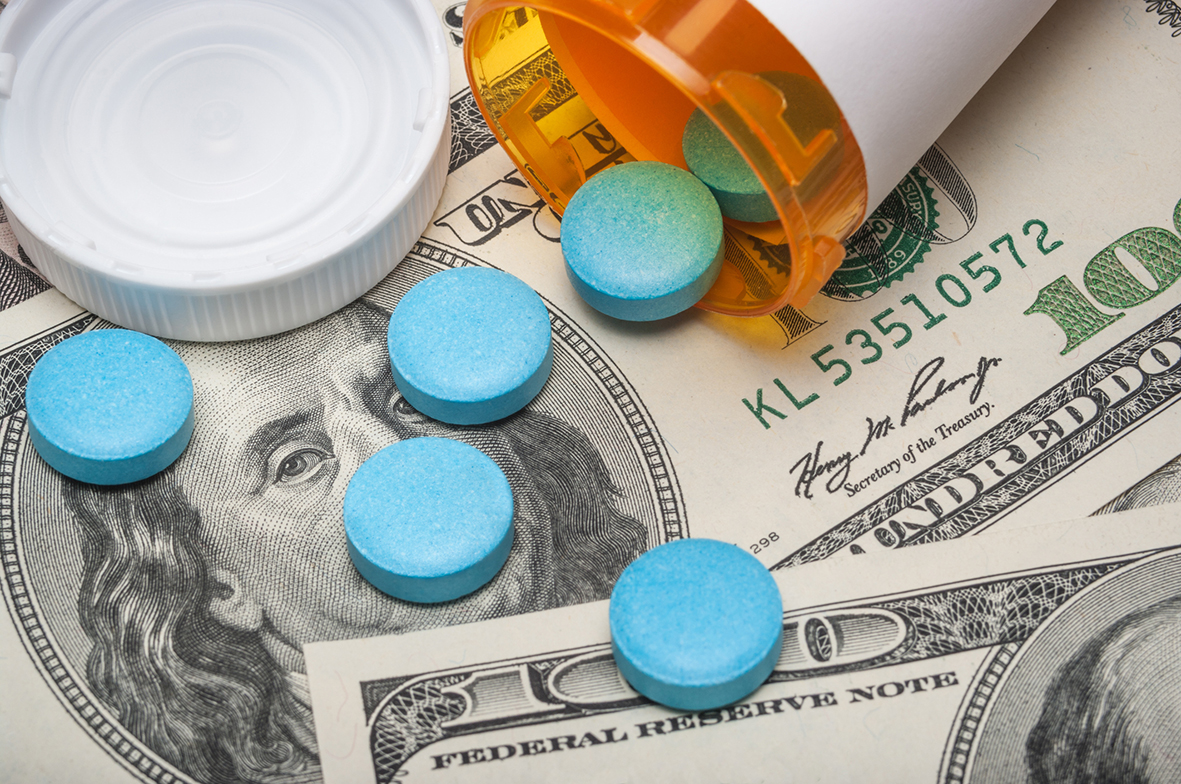Novartis pays $678 million to settle US kickback allegations

Another nail has been hammered into the coffin of the pharma model of providing lavish entertainment and other benefits to doctors to encourage prescribing of medicines.
Novartis is paying $678 million to settle a long-running whistleblower dispute with the US government over claims it spent “hundreds of millions of dollars” on speaker programmes to inflate sales of cardiovascular and diabetes drugs in what was effectively a company-wide kickback scheme.
The inducements included “speaking fees, exorbitant meals, and top-shelf alcohol that were nothing more than bribes to get doctors across the country to prescribe Novartis’s drugs,” according to acting US attorney Audrey Strauss for the Southern District of New York.
The Department of Justice says Novartis rewarded high-prescribing doctors with paid speaking roles, pressuring them to maintain or increase prescription levels, and dropped them if they failed to do so. Some of the speaking events never took place, but the doctor still pocketed the fee.
Events highlighted in the lawsuit included expensive fishing trips and meals at Hooters restaurants. The DoJ has previously cited two cases in which the price tag for speaker meals was beyond any reasonable level, including one bill of $3,000 for two people and another that topped $2,000 for three people.
“Giving these cash payments and other lavish goodies interferes with the duty of doctors to choose the best treatment for their patients and increases drug costs for everyone,” said Strauss.
Illegal copays
Novartis has meanwhile also reached a separate $51 million settlement of allegations that it breached regulations by illegally picking up the tab for the co-payments due from patients prescribed its multiple sclerosis therapy Gilenya (fingolimod) and cancer chemotherapy Afinitor (everolimus) under Medicare.
Novartis said last year it had set aside $700 million for a possible settlement for the allegations, which cover a period between 2002 and 2011.
The seven-year lawsuit was initially brought in 2011 by former Novartis sales rep Oswald Bilotta under the federal False Claims Act (FCA), with the deferral government joining the action two years later.
It isn’t the first settlement paid by Novartis for a case brought under the FCA. In 2010, the company paid $422 million to settle allegations that it marketed the epilepsy drug Trileptal (oxcarbazepine) and five other drugs for unauthorised uses.
In 2015, it agreed a $390 million payment to settle allegations of kickbacks involving prescribing of its immunosuppressant drug Myfortic (mycophenolate mofetil) and thalassaemia treatment Exjade (deferasirox), without admitting any liability.
And just last week, Novartis and eyecare spinout Alcon agreed to settle bribery charges brought by the US federal authorities – focused on activities in Greece and other countries – for $347 million.
Digital shift
Novartis committed to make changes to the way it carries out medical education in the US from the first 2010 judgment, and has just agreed a new range of measures including a wholesale shift towards digital rather than face-to-face contacts.
In a statement, the drugmaker said it has “agreed to new corporate integrity obligations in the US through 2025” that will involve the use of paid external physicians “only in limited circumstances.” It will also no longer use restaurants as venues.
“We are a different company today – with new leadership, a stronger culture, and a more comprehensive commitment to ethics embedded at the heart of our company,” asserted chief executive Vas Narasimhan.












